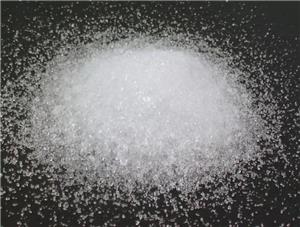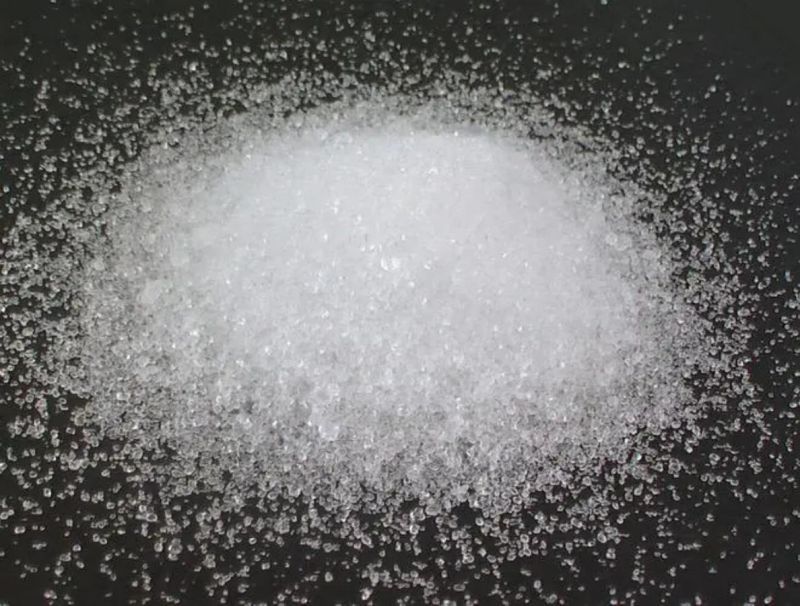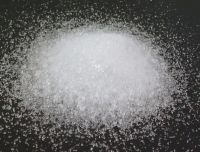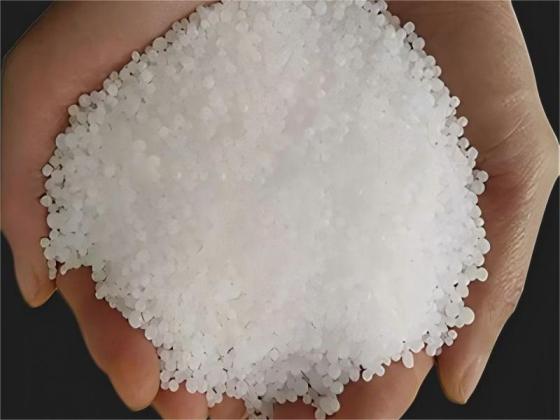
Diammonium Hydrogen Phosphate
1. Our Diammonium hydrogen phosphate has high quality and purity, stable use effect, and chemical properties meet production requirements.100% water soluble.
2. Diammonium hydrogen phosphate has wide applicability and can be mixed with a variety of fertilizers. It is suitable for a variety of crops and soils and is safe and reliable.
3. Our Diammonium hydrogen phosphate is easy to carry and use, and comes in a variety of forms. Diammonium hydrogen phosphate can be added to the soil in the form of granules, powder, or aqueous solution, making the fertilization process convenient.
- YKLX
- Liaoning,Shandong
- as per the order's Qty
- 10000ton/month
- Information
Introduction of Ammonium Phosphate Dibasic:
Ammonium Phosphate Dibasic is grayish white or dark gray granules with a melting point of 190 degrees Celsius. It is easily soluble in water but insoluble in ethanol. 100% water soluble. It has a certain degree of hygroscopicity and is easily decomposed in humid air. It will emit ammonia and turn into diamine hydrogen phosphate. To enhance storage resistance, some products will add encapsulating agents during the production process to make the appearance brown or yellow.
Ammonium phosphate dibasic parameters:
| Component | Range |
| (NH4)2HPO4 % | 99%min |
| P205 % | 53%min |
| Nitrogen % | 21% min |
| Moisture % | 0.2 max |
| Water insoluble % | 0.1 max |
| Note: please contact us get the details COA of Diammonium Phosphate(DAP 21-53-0) | |

Application of Diammonium hydrogen phosphate in agriculture:
Diammonium hydrogen phosphate is a fast-acting fertilizer with low nitrogen and high phosphorus. When applied to acidic soil, it can reduce the fixation of phosphorus by iron and aluminum, so that phosphorus maintains a high effectiveness. Diammonium hydrogen phosphate is particularly effective when applied to phosphorus-deficient soil. In phosphorus-deficient farmland soil, it has a significant yield-increasing effect on various crops. Diammonium hydrogen phosphate can be widely used in corn, rice, wheat, peanuts, rapeseed and other crops, especially sugarcane and water chestnuts, which are nitrogen-loving and phosphorus-demanding crops. Ammonium phosphate dibasic can be used for fertilization of various soil types in paddy fields and dry lands. Ammonium phosphate dibasic is particularly suitable for acidic soils and can be used for acidification. Use with caution in saline-alkali land.
1. For wheat, Ammonium phosphate dibasic has the effects of strong seedlings, drought resistance, lodging resistance, increasing the number of ears, and full grains.
2. For rice, Ammonium phosphate dibasic has the effects of promoting tillering, preventing root rot, increasing the number of ears, the number of grains per ear, and full grains.
3. For corn, Ammonium hydrogen phosphate has the effects of strong seedlings, drought resistance, lodging resistance, increasing the number of corn cobs, and full grains.
4. For cotton, Ammonium hydrogen phosphate has the effects of increasing the number of bolls per plant, reducing bud and boll shedding, and improving the quality of cotton fiber.
5. For peanuts, Ammonium hydrogen phosphate has the effects of increasing the number of pods per plant, strong seeds, and improving quality.
How to use di-Ammonium hydrogen orthophosphate:
1. Di-Ammonium hydrogen orthophosphate can be used in combination with ammonium bicarbonate, urea, ammonium chloride, potassium chloride, ammonium nitrate and other fertilizers. The effect after use is relatively good and promotes plant growth.
2. Use di-Ammonium hydrogen orthophosphate as a base fertilizer to avoid direct contact with seeds. Since phosphorus has poor mobility in the soil, it can be applied to the distribution area of the main root system of crops to improve efficiency. The depth of base fertilizer application for different crops should be different. Generally, fruit trees require 40-60cm, vegetables require 20cm, and grain crops require 20-30cm.
3. Avoid mixing di-Ammonium hydrogen orthophosphate with acidic fertilizers, such as ammonium sulfate and superphosphate, which will be more neutral acid.
4. Do not use di-Ammonium hydrogen orthophosphate when transplanting seedlings in summer. The nitrogen in di-Ammonium hydrogen orthophosphate is ammonia nitrogen. When ammonia nitrogen is used in summer, high temperature and watering can easily produce ammonia gas, which can damage the crop roots and burn the leaves.






